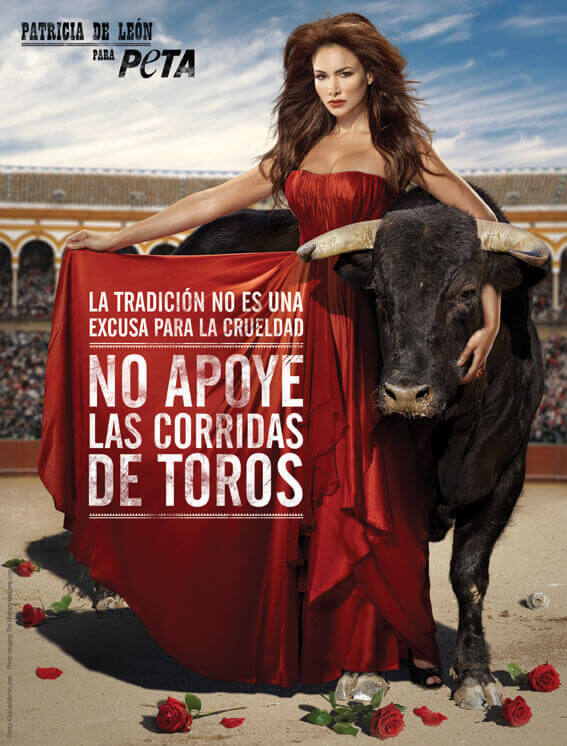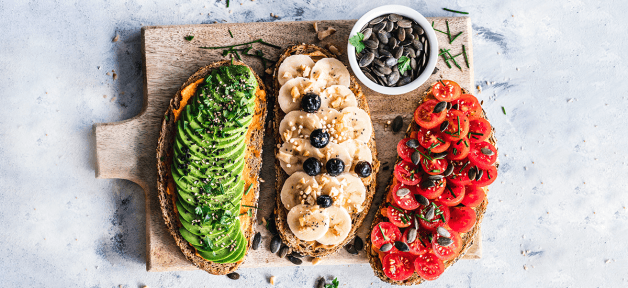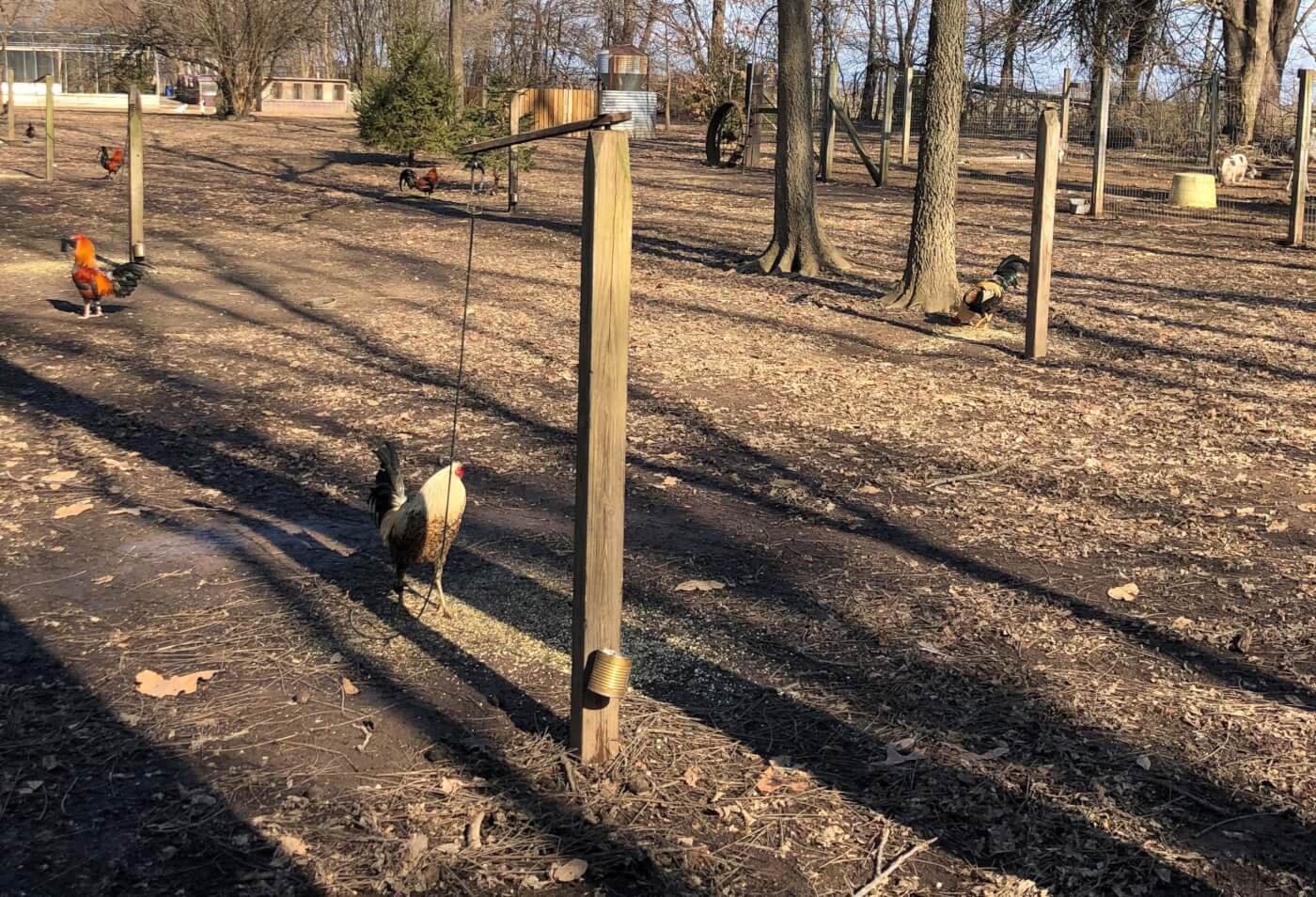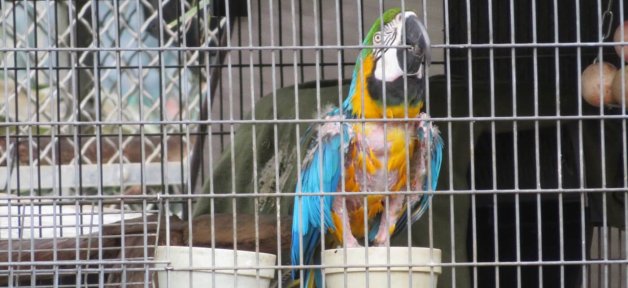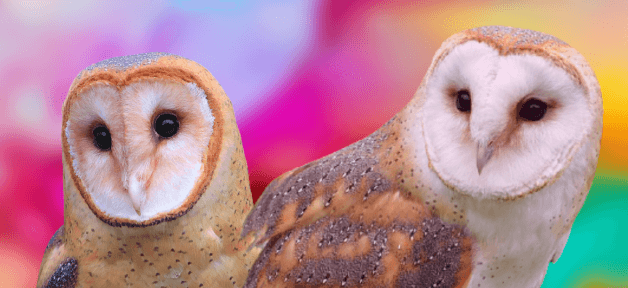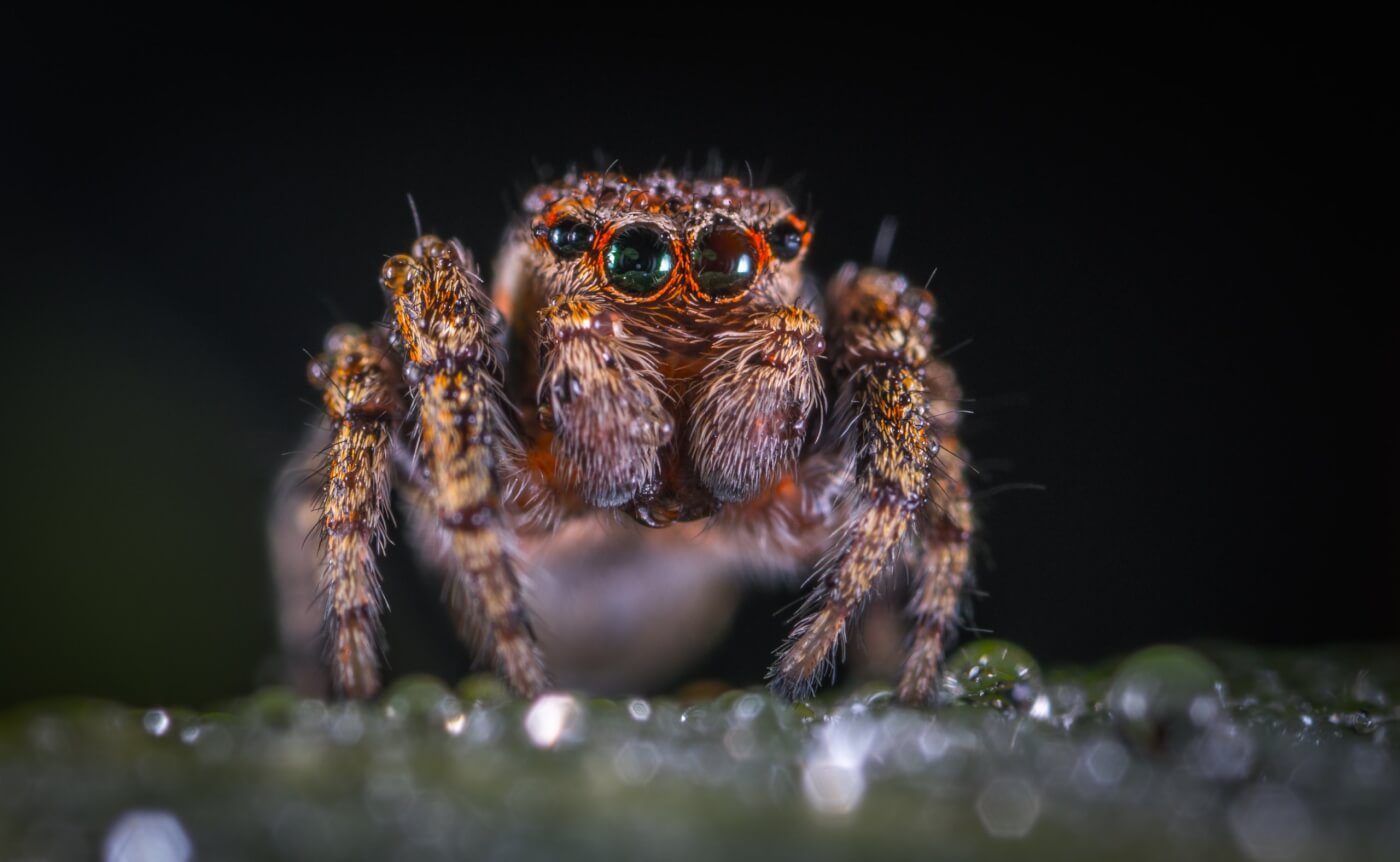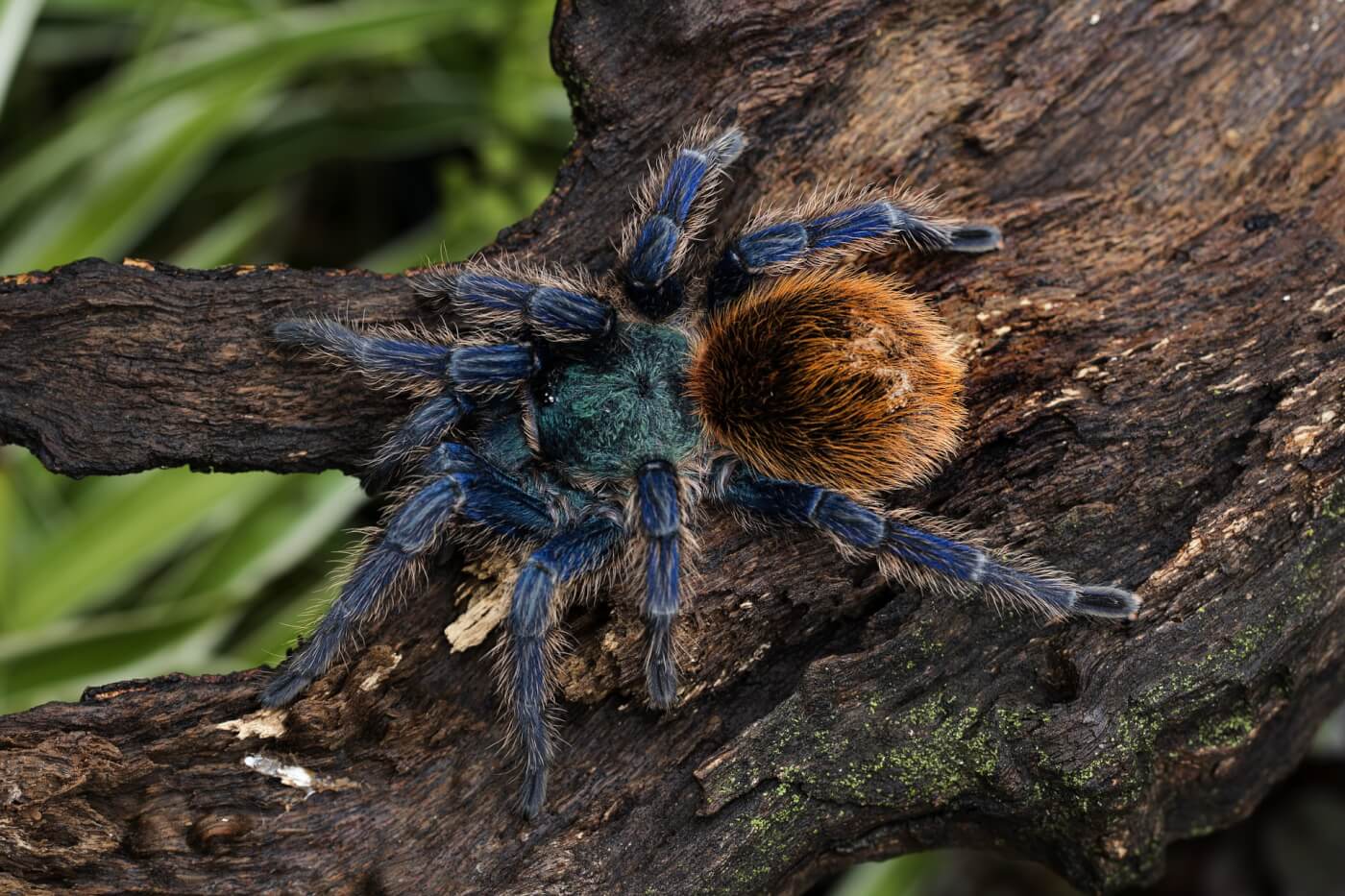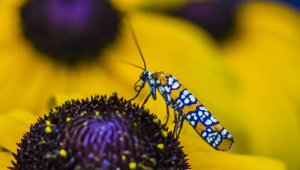Folks are realizing that it’s not healthy to exploit and kill animals for food. According to data from Google Trends for 2022, vegan-related searches outranked those for keto. In addition, according to research by Chef’s Pencil, a vegan diet is now the most popular way to eat in the U.S. But what happens to your body after you kick meat, eggs, and dairy to the curb?
The First 24 Hours After Going Vegan
You may feel a difference after just a few healthy plant-based meals. Vegan foods such as whole grains, vegetables, fruits, and legumes are rich in fiber, which promotes good digestion by reducing the amount of sugar your blood absorbs. And researchers have found that eating plant-based foods helps healthy gut bacteria flourish and decreases inflammation.
You may well feel refreshed after just the first 24 hours of vegan living. Perhaps you’ve experienced “meat sweats”—a phenomenon that can occur after consuming a meat-heavy meal. Well-balanced vegan meals provide all the energy you need to remain active throughout the day, without the heavy, gross feeling you can get after consuming animal-derived food.
A Few Days After Going Vegan
Within the first few days of plant-based eating, you may feel more energized and alert. The protein in meat is tougher for humans to break down than plant protein is, making it a challenge to digest, which can cause sluggishness. And meat contains a lot of fat, which slows down the rate at which your stomach empties, resulting in bloating and discomfort, not to mention an increased likelihood of unwanted weight gain. Going vegan is a simple way to feel and look better fast.
After just a few days, you might notice a “vegan glow” when you look in the mirror. Antioxidants found in fresh fruits and vegetables, which assist in shielding skin from cellular damage, probably contribute to this effect.
After a Few Weeks of Being Vegan
Soon, you may notice that your cravings are beginning to adjust. Research shows that even after a few weeks without consuming foods high in salt, fat, and sugar, your tastes begin to change in a positive way. Craving foods that make you feel good is a game changer for many who are trying to improve their health.
We all have jeans that are a bit snug. You may be surprised by how quickly they become more comfortable once you go vegan. Meanwhile, your energy level may improve, making it easier to exercise. And your body may release extra water that it was retaining.
After a Few Months of Being Vegan
If you stick with it, you may begin to notice increased mental acuity. Perhaps that’s partly because new vegans often report that they sleep better.
Studies also show that going vegan may lower A1C levels. Some folks have even stopped needing their blood pressure or diabetic medication after making the switch.
Many people report positive changes, inside and out, after just a few months. Some even discover that their hair looks shinier, thicker, and healthier—likely due to the elevated levels of antioxidants, vitamins, minerals, and phytonutrients in a plant-based diet.
The Long-Term Benefits of Being Vegan
As a vegan, you may feel like a brand-new person. According to the Centers for Disease Control and Prevention, the benefits of sticking with healthy vegan food choices over the long term include the following:
- Improved health of the skin, teeth, and eyes
- Enhanced muscular function and strength
- Enhanced immunity
- Stronger bones
- Reduced risk of developing heart disease, various forms of cancer, type 2 diabetes, and other diseases
- Improved digestive system performance
- Greater likelihood of either losing weight or maintaining a healthy weight
- Excellent support for a healthy pregnancy and breastfeeding
And according to research, eating a diet high in fruits, vegetables, and whole grains lowers your risk of cognitive decline as you age.
When You Go Vegan, Other Animals Benefit, Too!
The shift toward vegan eating helps us all. In 2020, the lives of approximately 1 million animals were spared because more U.S. fast-food restaurants started offering vegan options.
The single best thing we can do to prevent animal suffering is to go vegan. It’s a matter of supply and demand. Fewer animals are raised to suffer on farms and die in slaughterhouses when you refuse to pay for their flesh, eggs, milk, and honey. You can save nearly 200 animals per year just by going vegan!
Order a free copy of PETA’s vegan starter kit to start sparing animals and feeling better today. It will guide you through the transition to a healthier, happier, and longer-lasting life.
The post What Happens to Your Body When You Go Vegan? appeared first on PETA.

